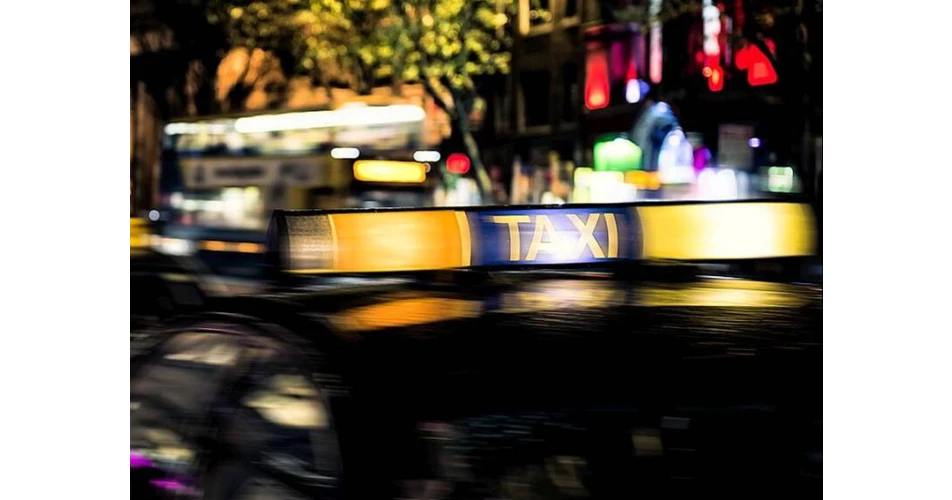If you have recently experienced the frustration of trying to find a taxi after a night out, then news that Ireland is in something of a taxi shortage crisis will not come as a surprise. Latest figures from the National Transport Authority show that the number of taxis in 23 out of the 26 counties has fallen in the last year, with most still well behind pre-covid levels.
At the same time it is estimated that from 2019 to 2024 the overall population in Ireland was up 8.5%, with taxi availability not meeting demand.
Dublin has seen some taxi growth, however, areas such as Donegal, Cavan and Monaghan have seen taxi numbers drop by as much as 20%.
Adrian Cummins, CEO of the Restaurants Association of Ireland says that taxi shortage are having a major knock on effect. "In rural Ireland, hospitality businesses are being devastated. Without taxis, people stay home.”
Representative industry body, The Taxis for Ireland Coalition, believes that the decline can be attributed to a requirement for new taxis to be Wheelchair Accessible Vehicles (WAVs). These cost upwards of €60,000. While grant assistance is in theory available, the latest round of applications for the year was oversubscribed within 15 minutes of being made available. The same happened in 2023 and 2024 and if it were to continue it is estimated that it would take 25 years to convert the national taxi fleet to WAVs.
At the same time the lack of suitable electric vehicles that can be easily converted to WAVs is in conflict with government emission reduction targets.
The Taxis for Ireland Coalition says that a change in the rules is overdue. It believes the system does not serve the people who need it most, including wheelchair users, rural residents and hospitality customers trying to get home safely. The Coalition is calling for the following:
- Remove the WAV requirement for all newly registered SPSVs. ;
- Retain and refocus the WAV grant to serve actual WAV users.
- Modernise the Driver Entry Test, especially geography-based knowledge tests given the accessibility of modern technology.
